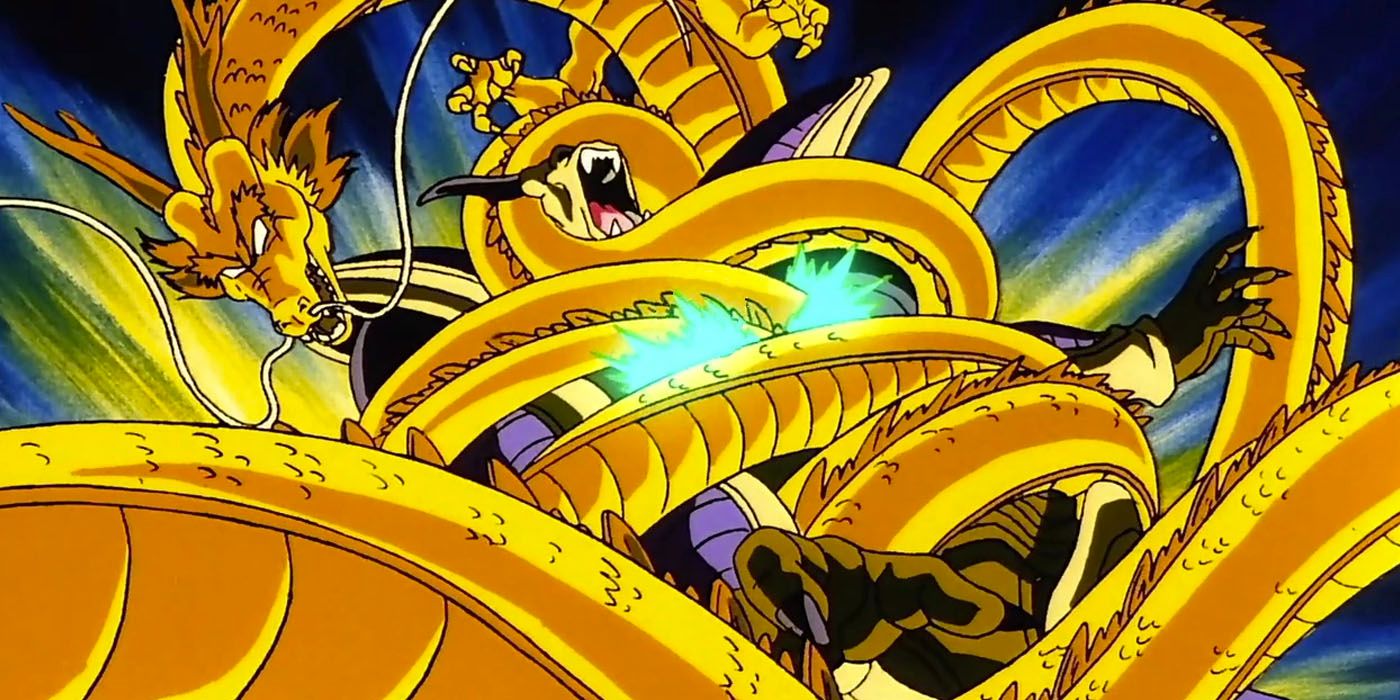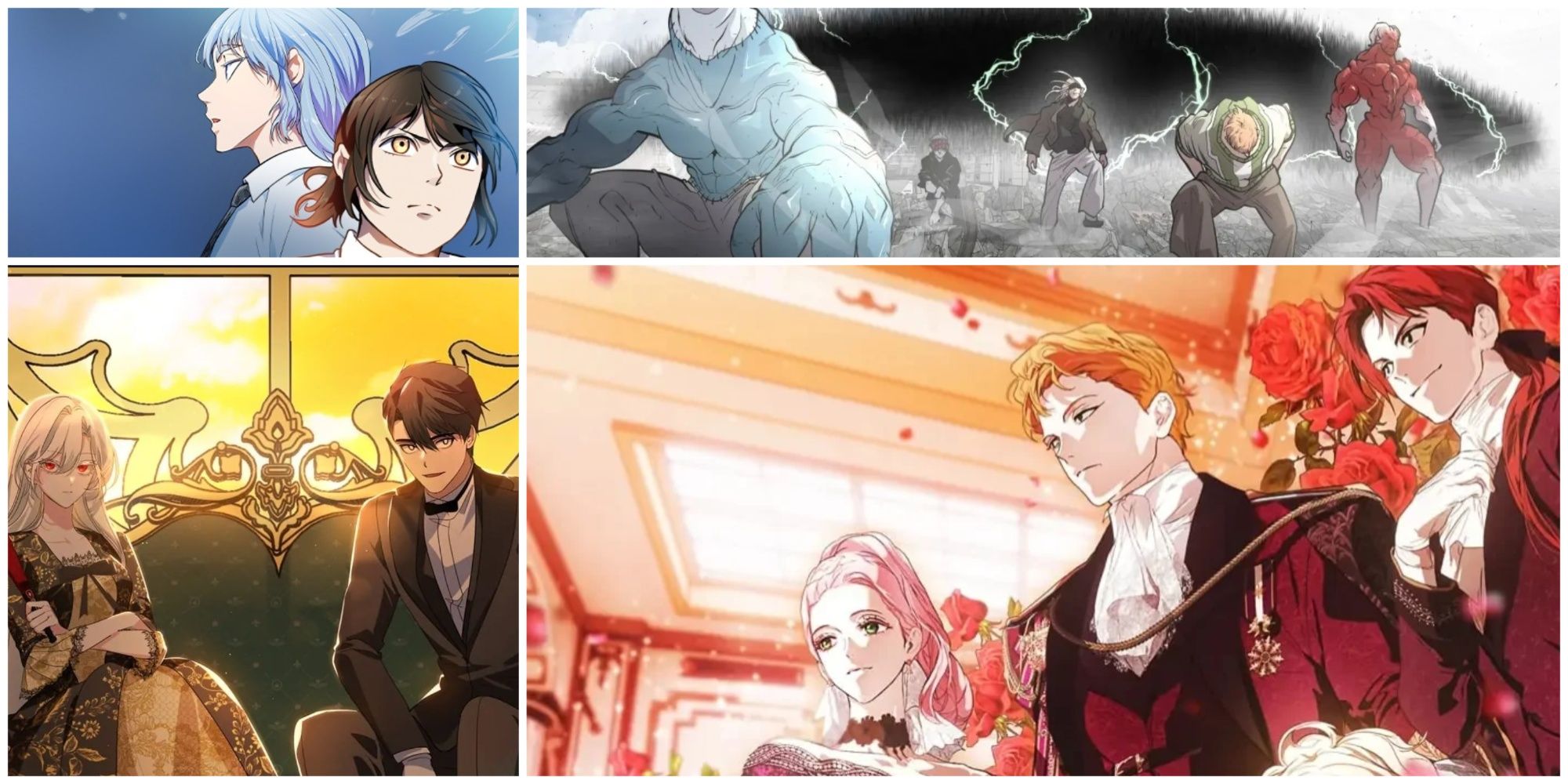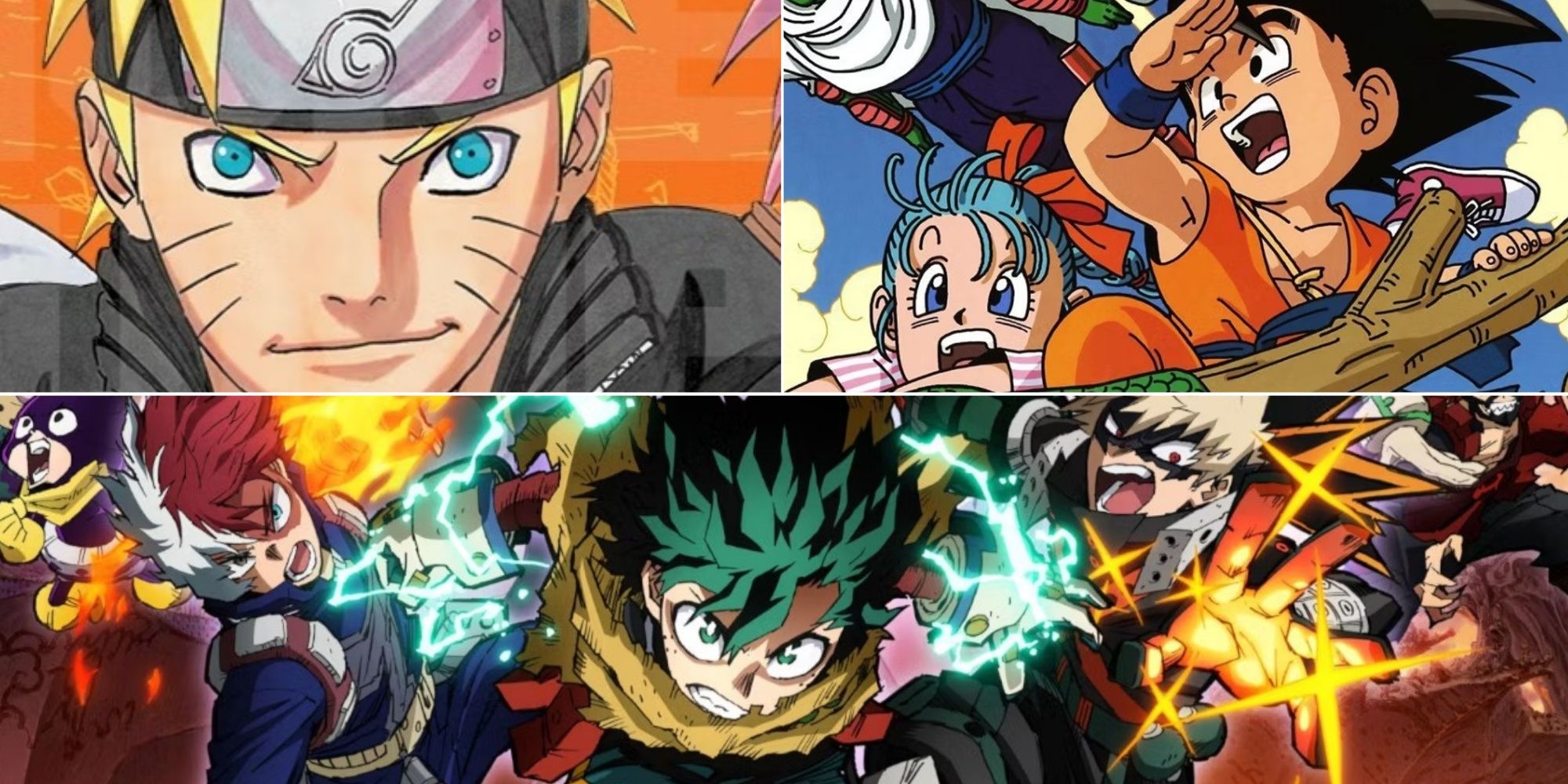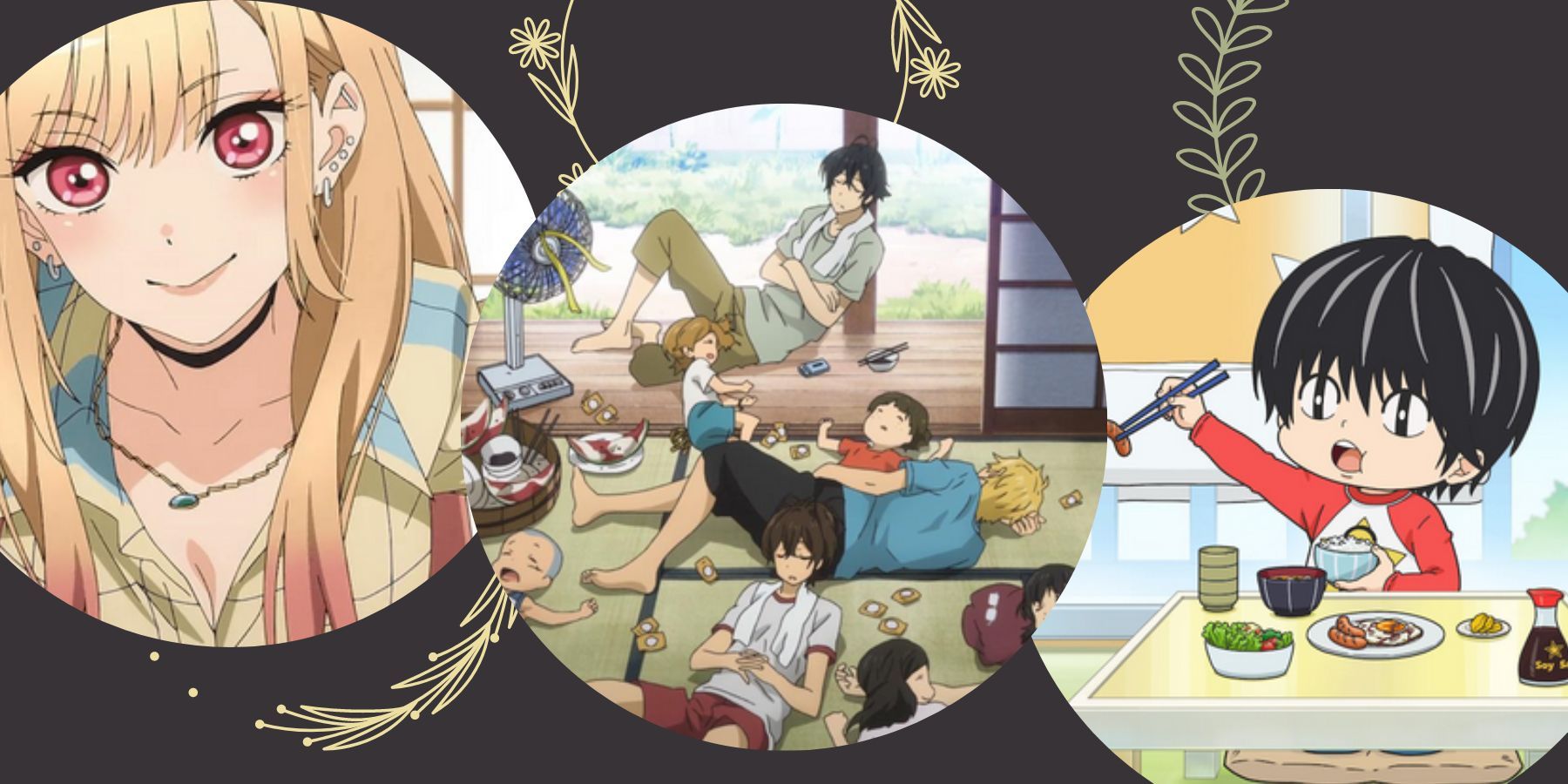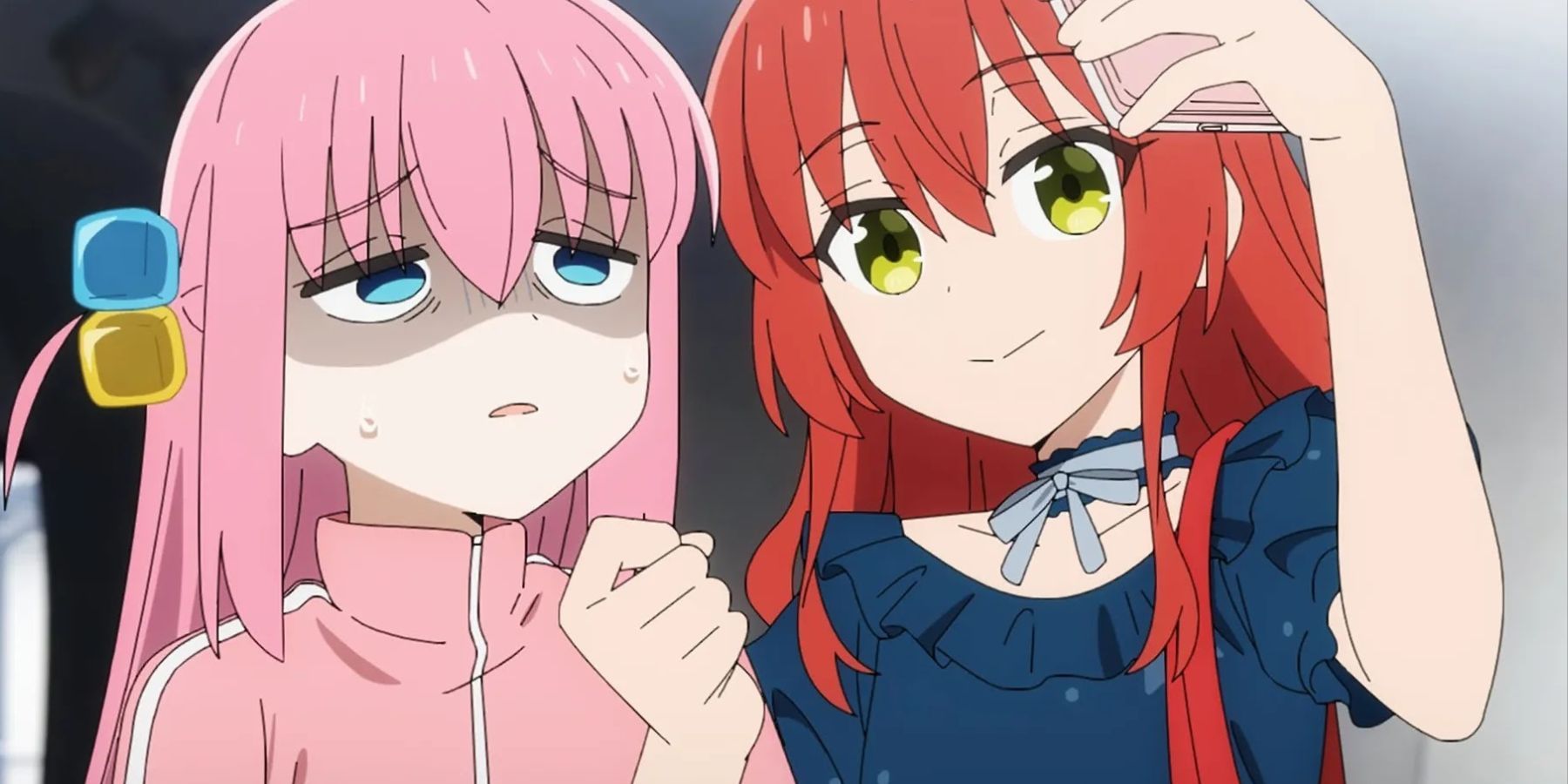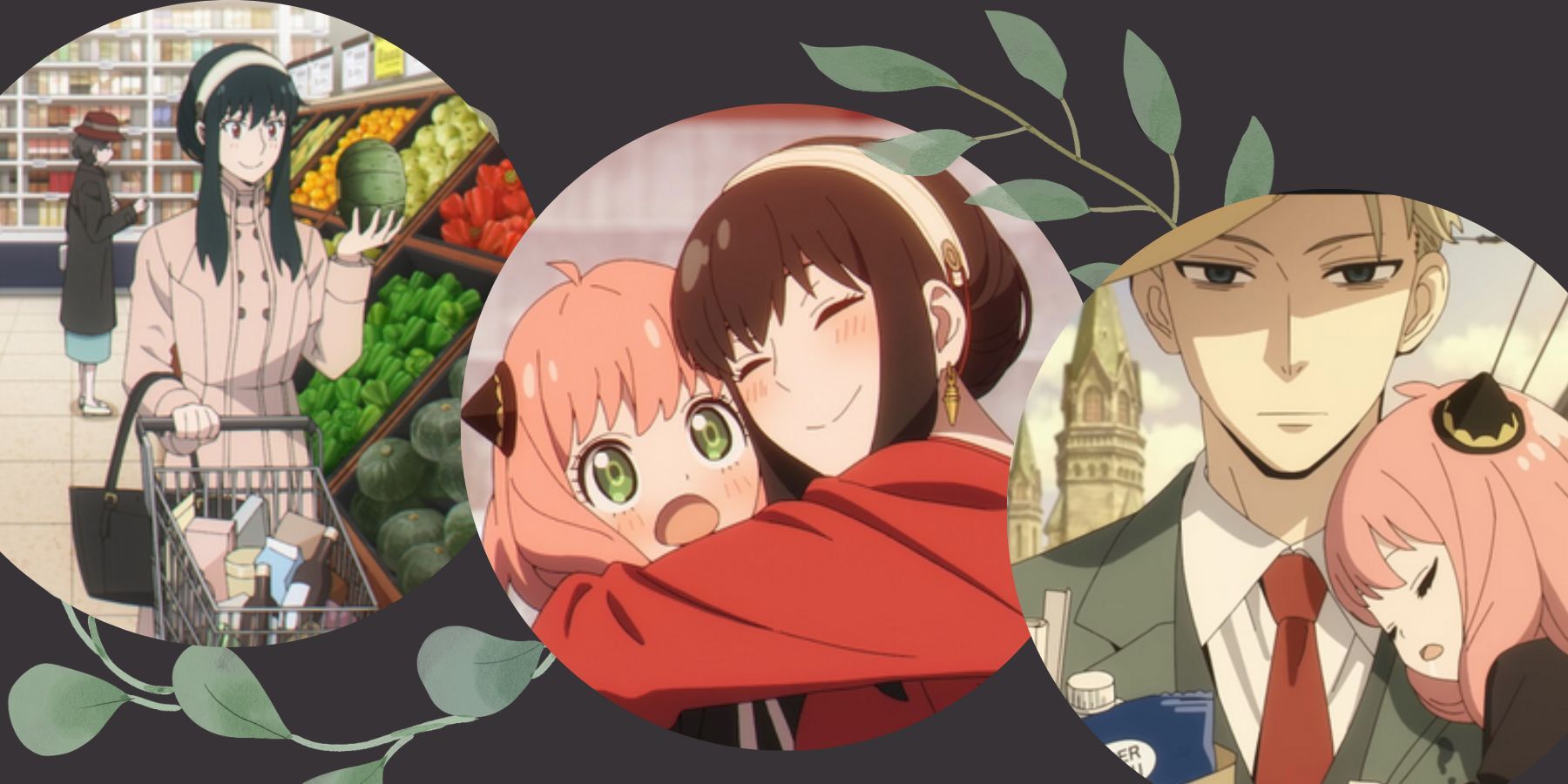If isekai anime appeals to people and is a very popular genre for several reasons, among them being escapism, what makes slice-of-life anime so appealing? Not even delving into the healing power of iyashikei, a subgenre of slice-of-lice anime that is considered healing, and is very specific.
No, what makes stories about people with mundane jobs, living their very ordinary lives, sometimes with interesting hobbies, sometimes not so interesting? With its narrative axis revolving around (almost) uneventful mundanity, how can these stories be so appealing? What makes people step aside from supernatural or isekai or battle shonen stories to watch what can be referred to as “tales of the mundane”?
How Can Uneventful Mundanity Be Captivating?
Sometimes we just need some storytelling that deviates from the conventional dramatic structure, where there is no goal driven by conflicts whatsoever, no division into acts led by climax and catharsis, something that gracefully embraces the — almost — lack of plot and the lack of high-stakes events. The slice-of-life genre is the unique fashion in which the audience is captivated by the portrayals of traditionally mundane events — even the uneventful mundanity. The term “slice of life” was originally used to categorize anime with no overarching story, and it encompasses any media that discards narrative structure to depict random glimpses into the characters’ daily lives and routines. The slice-of-life (or nichijoukei 日常系, which translates to “daily life-class”) genre has both its charm and appeal, even if criticized for being allegedly pointless and boring because, without villains to defeat or big challenges to overcome, many viewers struggle to find stories about characters living their ordinary lives fascinating. Superb storytelling translates the mundane into art.
However, a simple example of how well-written slice-of-life stories, with well-fleshed-out characters, and different “villains” and “challenges” can be much appealing: the surprising hit anime in the action-packed Fall 2022 anime season is far from boring and pointless. For Hitori Gotoh, the big villain to be defeated is social anxiety, and her challenges are precisely those everyday problems someone who suffers from that faces, and the way the anime deals with that, both in terms of storytelling and in the resources used in the animation made of Bocchi The Rock! both a fan-favorite anime series of 2022 and one of the best, if not the best, anime series to tackle the important theme of social anxiety recently.
Sometimes viewers just need a respite from many anime series that deal with larger-than-life events, characters being transported and/or reincarnated into vast and amazingly extraordinary new worlds and dimensions, adolescents defeating unseen-before evils, or madly falling in love and experiencing wild love adventures, and need to embrace stories about characters with regular, everyday jobs, studies or hobbies, doing regular everyday stuff — it is the sense of familiarity calling. Yes, this is one of the appeals of nichijoukei. Not the only one though.
When we say representation and diversity matter in fictional stories because stories matter, and they matter because they affect the way we live, how we see other people, whether in a good or bad light, and they also influence the way we think about ourselves, it is not hard to come to the conclusion that slice of life anime series and movies are so appealable to the audience also because of that same underlying reasons — representation and diversity! People who lead regular lives need to feel connected to characters that also have regular lives, and who have to deal with regular problems. People who achieve regular happiness in small things.
While traditional storytelling has a strict plot structure with all of the usual devices set into motion to trigger the exact emotion that the creators want the audience to experience at the exact time, due to their nature and the fact that slice-of-life stories deviate from this traditional structure, the audience ends up having less controlled reactions, which leads to a more honest approach to a story as it unfolds in front of our eyes.
Verdict: What Makes Slice Of Life Anime So Relatable!
Why are slice-of-life stories so appealing? Several reasons might explain that. Because sometimes we just want to immerse ourselves in the placid waters of a calm pool, and not dive into the whirlpool of a raging ocean, because we want the healing effects of iyashikei anime, because we want the coziness of the family life in SPY X FAMILY — slice-of-life elements in otherwise action-packed anime series are most them welcome as well —, because we want to relate to these stories in a deeper level, we tend to be attracted to slice-of-life anime, even if, at first, we frown upon the idea of watching something that could be, oh, so boring! Only to binge-watch an entire slice-of-life anime series.
Mundane stories are relatable because real ordinary lives do not encompass magical elements, and neither have bigger-than-life events. They are perfect for us to relax and recharge our batteries. It is easier to relate to slice-of-life anime since they are more personal than epic and grand. After one has tasted the good sweetness of slice-of-life anime, resistance is futile.
Slice-of-life anime stories are appealable and relatable for several reasons that have been outlined here, and for others not even mentioned, and, above all, the appeal they have is due to the fact that the stories that are apparently plotless and lacking grandiose elements about regular people doing regular things, ordinary things that sometimes can be magical for them, just like it is metaphorically magical for the girls in Bocchi The Rock! to be playing as a band at the school festival, and applauded for that. These are the stories of us, the stories lived by most of us, viewers, stories that touch some soft spots in our hearts, and that end up lasting the longest in our memories.

